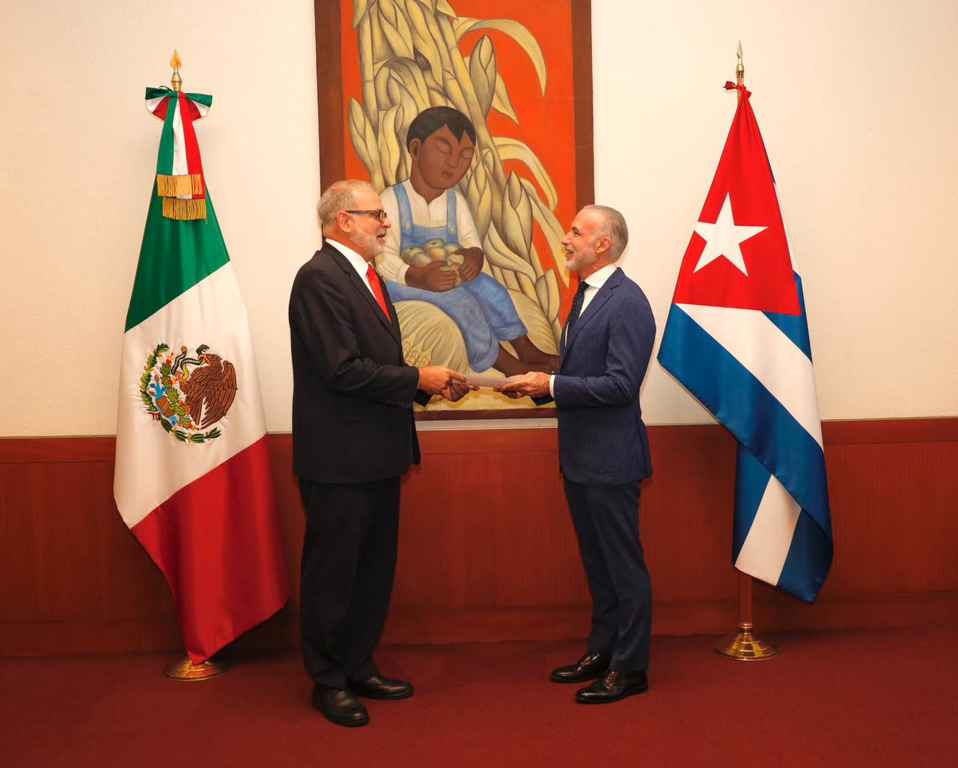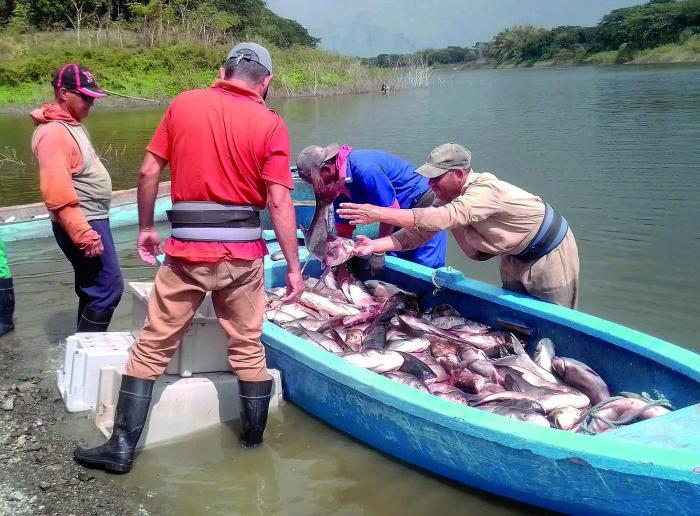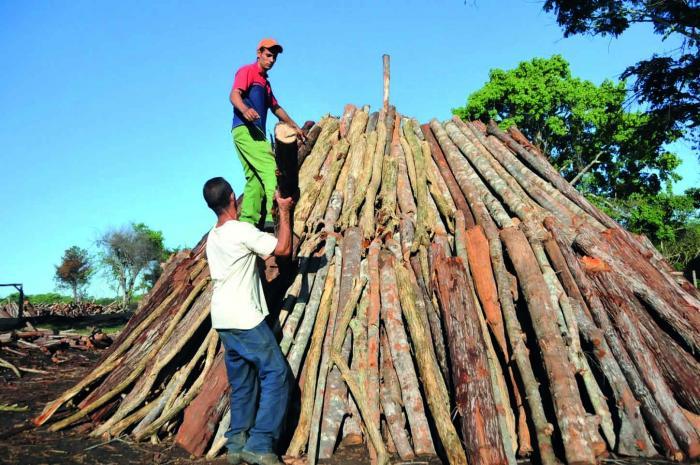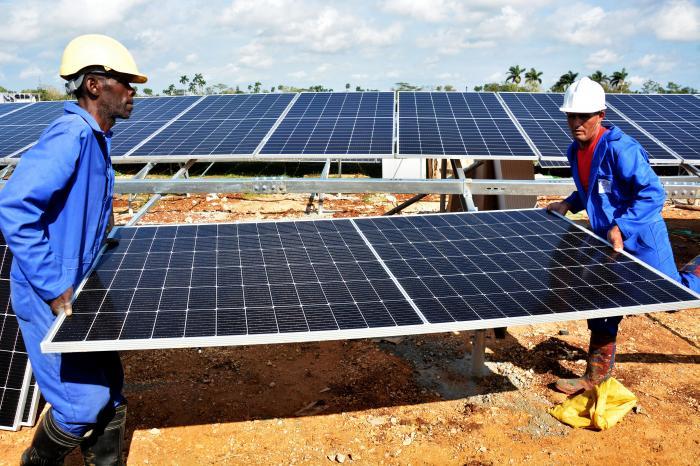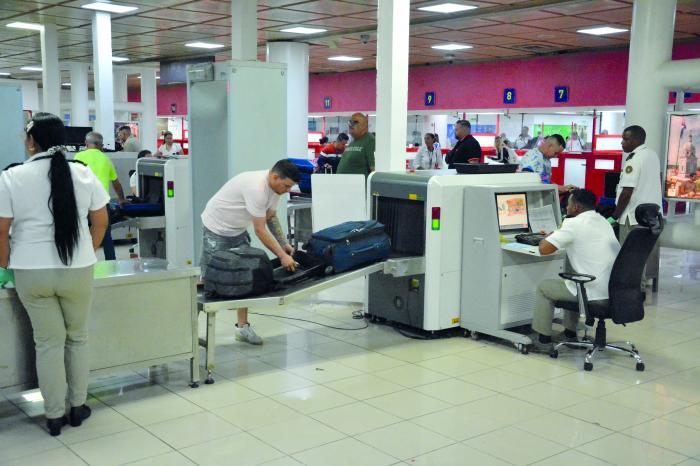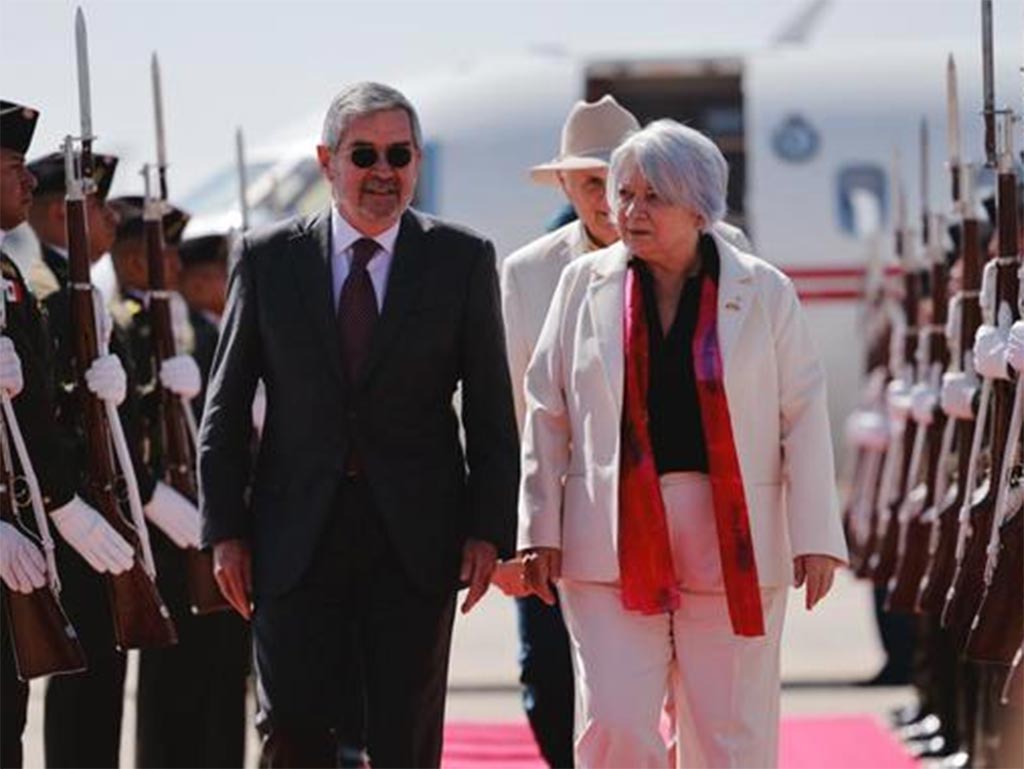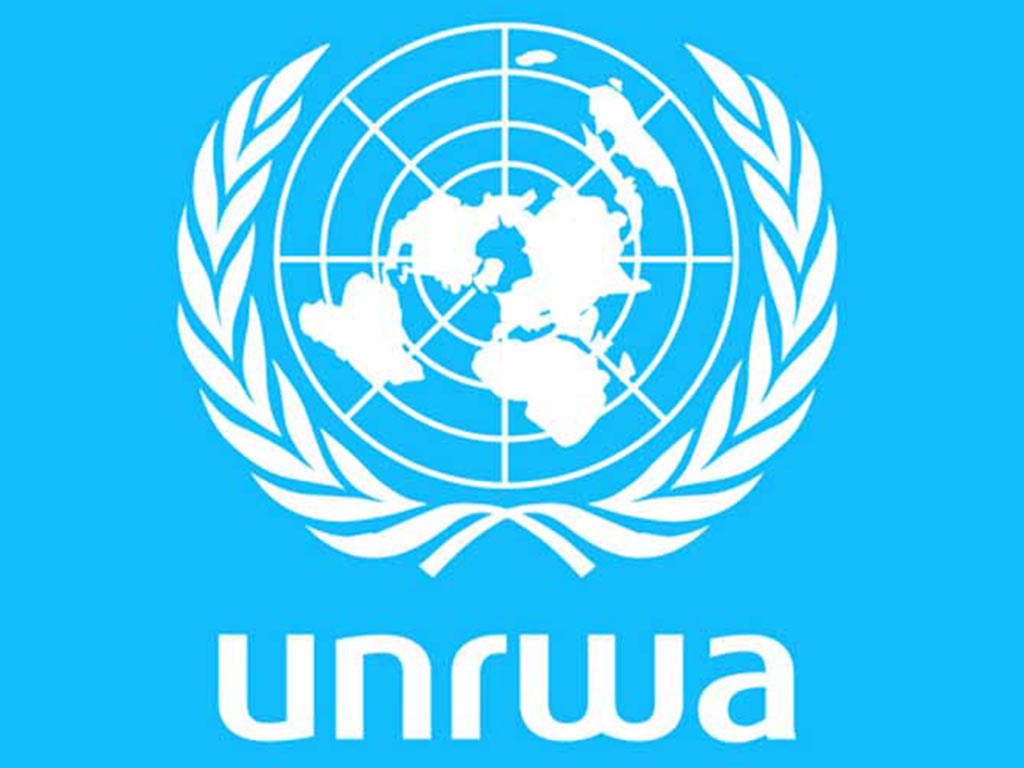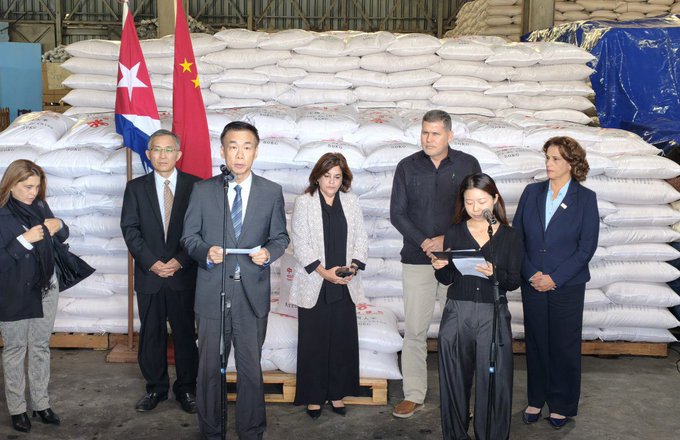In a significant diplomatic engagement, the Cuban delegation was led by its principal representative with substantial support from senior embassy officials. The mission’s deputy chief, Ambassador Johana Tablada, provided considerable diplomatic expertise alongside Counselor Nelson Ocaña, who contributed essential strategic counsel throughout the proceedings.
This high-level composition demonstrates Cuba’s commitment to fostering international cooperation through structured diplomatic channels. The presence of multiple senior officials indicates the importance both nations place on maintaining productive bilateral relations. Such diplomatic formations typically facilitate more substantive discussions and enable comprehensive dialogue across various policy areas.
The delegation’s structure reflects standard diplomatic protocols while simultaneously showcasing Cuba’s strategic approach to international engagement. This configuration allows for specialized attention to different aspects of bilateral relations, from economic cooperation to cultural exchanges and political dialogue. The involvement of officials with diverse diplomatic portfolios ensures that multiple dimensions of the relationship can be addressed simultaneously.
International relations experts note that such carefully composed delegations often precede significant developments in bilateral cooperation. The combination of ambassadorial leadership and specialized diplomatic counsel typically indicates preparations for substantive negotiations or the advancement of mutual interests across multiple sectors.
